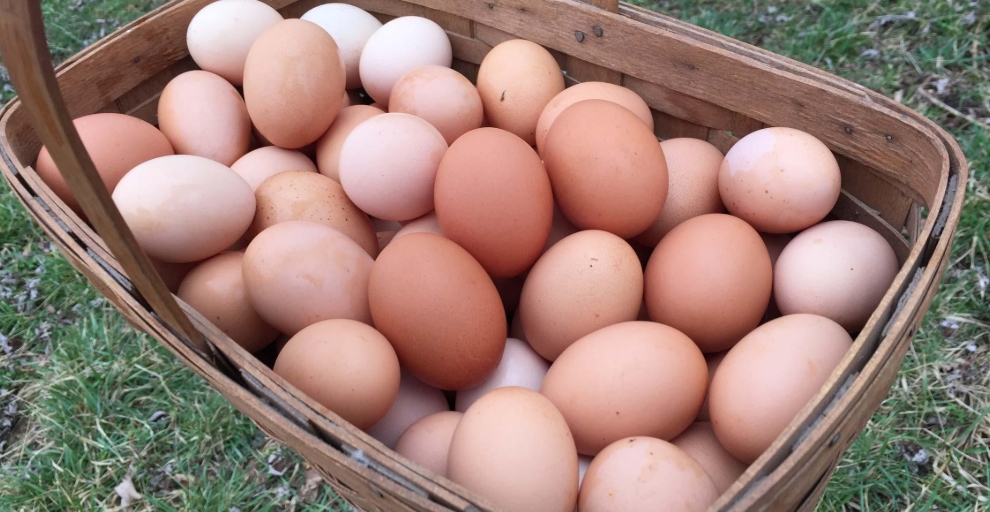
You are one of those big fans of the eggs and you are wondering how long do fresh eggs last. Well, on the contrary to what you believe, egg storage and keeping are far more complex and complicated than you have thought. There are many facts that most people don’t know so let’s lay it one by one to get a clearer understanding of the egg and its proper storage.
Table of Contents
Fresh Egg Production
Once the eggs have just been laid and they have been freshly-picked, the decision is up to you whether to clean them or not. This is one constant debate that is still happening. If you are going to use the eggs yourself and the eggs are only having a little dirt – and they aren’t filthy – then cleaning them won’t be necessary. However, if you are planning on giving them to other people, then giving dirty eggs won’t be appropriate.
The proper way to clean the egg is to use a cleaning pad – use the dry one. Even the mucky eggs can be cleaned with the cleaning pad. However, if the cleaning pad doesn’t do it, run them under the warm water and use the pad to scrub off the muck. It is advisable that you only use the dry pad to clean the eggs. Once you put them under the water, you are actually removing the cuticle (also popular as the bloom). The bloom is the (natural) external protection layer that is responsible for protecting the eggs from bacteria.
How Long Do Fresh Eggs Last?
So, how long do fresh eggs last? From the time the eggs are picked up to the time it is sold as ‘fresh’, they have 60 days of period without being refrigerated or so on. Consider yourself lucky if you have your own egg production at home. But when you buy the eggs from the (grocery) store they should have the packaging date and also a plant number. The packaging date consists of 3 digit codes. January the first will be written as 001 while December the 31st will be written as 365. Let’s say that it’s May and you buy an egg carton with a stamp ‘060’. It means that those eggs were packed back then in March.
If you buy the eggs, you should eat and finish them within 3 to 5 weeks after the purchase. These are the right times when you should keep the eggs in the refrigerator. However, things are different when you can produce your own egg or when your neighbor sells the fresh eggs.
Storing the Fresh Eggs
As it was mentioned before, if you buy the eggs from the store (which probably has been more than the 60-days fresh time limit), it is best to keep them in the refrigerator. However, if they are super fresh (they are still in the 60-days period), then you have 2 options: to keep them in the fridge or to leave them in the room temperature. But if you have cleaned them with water, then they should go directly to the refrigerator. You have compromised and removed the bloom so they need to be kept in the refrigerator. These are the basic in figuring out how long do fresh eggs last.
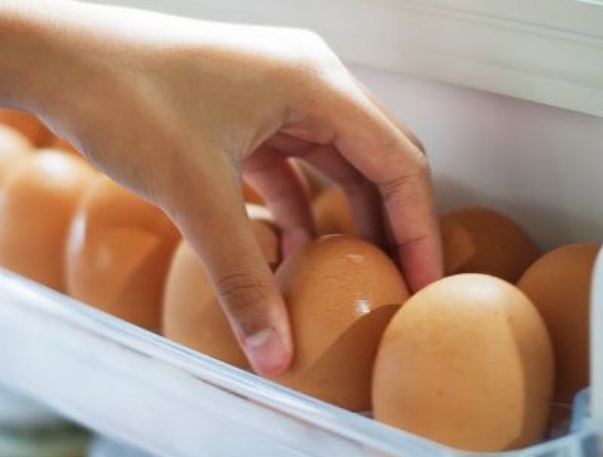
Fresh eggs can be stored at the room temperature for a month after they are laid –provided that you don’t clean them or you do clean them with the pad so their bloom is still intact. In fact, fresh eggs are super delicious if they are consumed within 2 weeks after being laid. But as long as it doesn’t exceed the one month limit, they are still good and healthy. The best way to store the eggs in the room temperature is to use a basket with straw. But you can also use the egg carton to keep them stay fresh.
In the event that you prefer storing them in the refrigerator, use a sealed container (like the lunchbox) or the egg carton. The eggs can hold up to 6 months and they are still good – but don’t keep them more than that. The best way to know the exact date or time is to write them. Note down the date those eggs are freshly laid and you won’t have to worry about a thing. However, noting down the date is probably not possible if you have tons of chickens.
Long Term Storage
Is it possible to freeze the eggs if you want to use them for a long term? Yes, it is but you should know that the taste won’t be the same. The defrosting process will affect the natural taste – obviously, they aren’t as tasty as the fresh produce. If you want to freeze the eggs, make sure to separate the egg white from the yolk to keep them fresh.
In the event that you forget the basic, here is the guide: Fresh egg that hasn’t been washed with water can hold up to a month in a room temperature. Eggs that are put in the refrigerator can hold up to 6 months.
Checking the Freshness
So, you have learned about how long do fresh eggs last. Now, do you know how to check whether an egg is still fresh or not? There are two methods: by using water and a bowl, and by gently shaking it. In the first method, fill in the bowl with water. Put the egg into the water. If it egg goes into the water and hits the bottom, then it is good. But if the egg floats, then it is bad – just discard it.
In the second method, you place the egg close to your ear and give it a gentle shake. If you don’t hear a thing, then it is a good sign. Your egg is still good. But if you hear a slopping sound and you can feel the inside is hitting against the shell, then it is bad.
Now that you already learn the facts, you know how to do with proper storage and treatment. The answer to the question of how long do fresh eggs last depends on the condition of the eggs themselves.
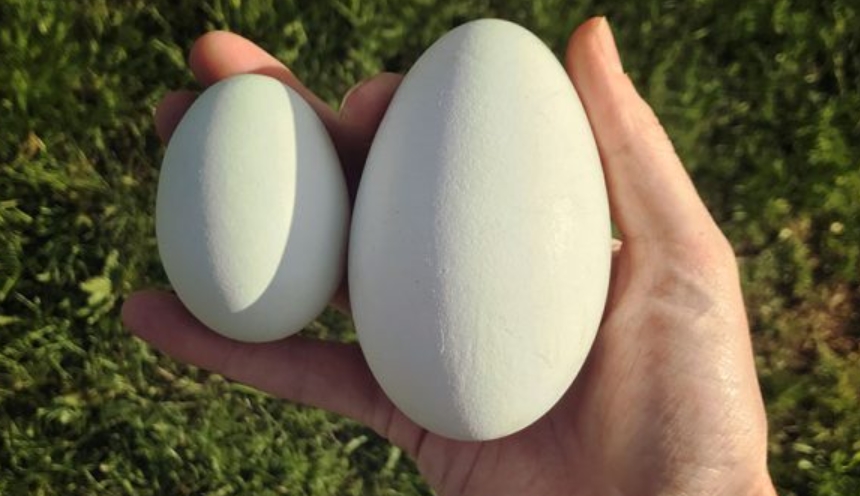
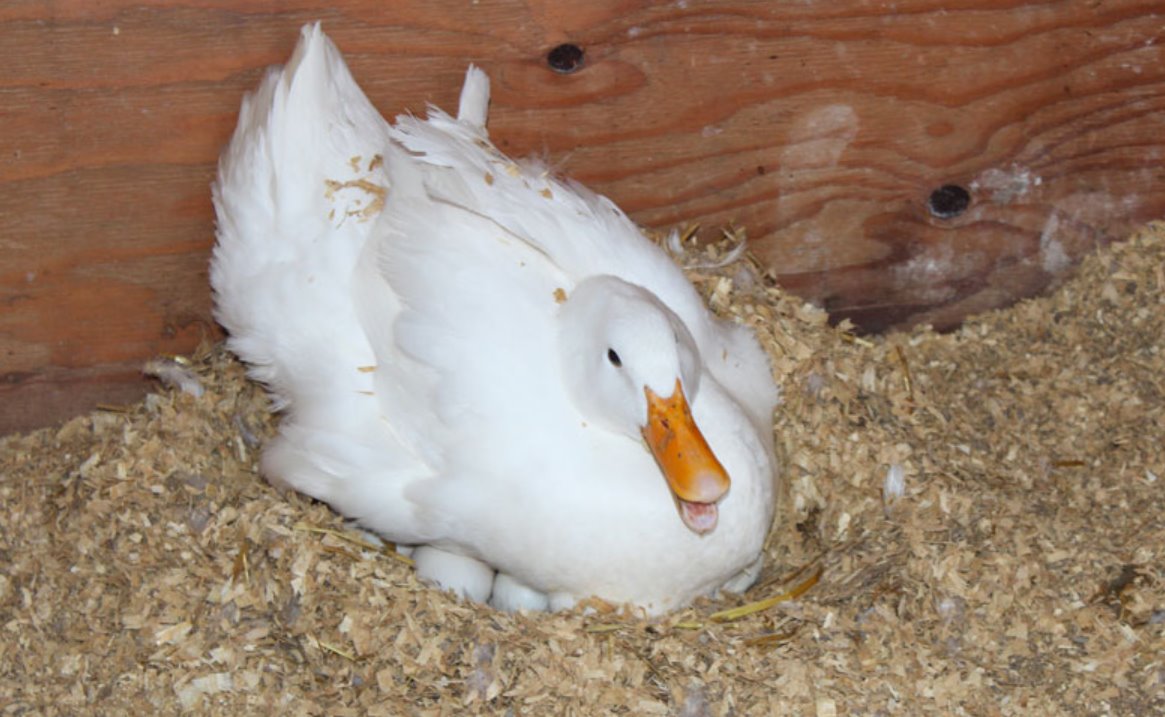

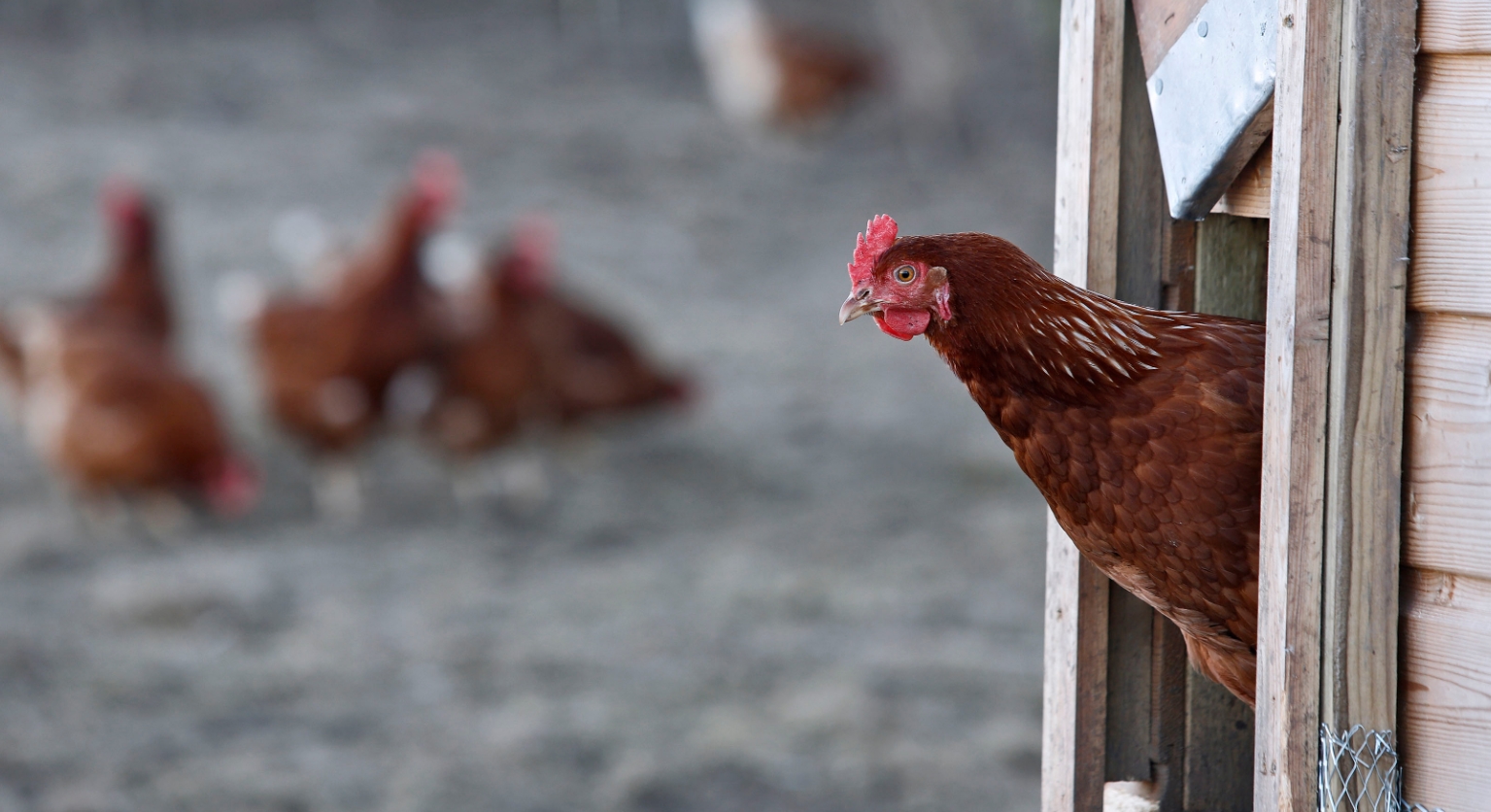
This was VERY informative. Thank you very much. I can now educate nit only myself but my friends.
Thank you so much, I have 8 duck hens. Every other site says fresh eggs are only good 6 weeks in fridge. I knew it couldn’t be true. Often ducks stop laying in winter for a couple months. With ducks, if you put a light bulb on, they keep laying all winter, but I prefer to let them rest and replenish their bodies by having that break, especially since bugs and fresh greens are more scarce. Meanwhile I have lots of eggs to last. Although this year they’re still laying daily in mid-December!